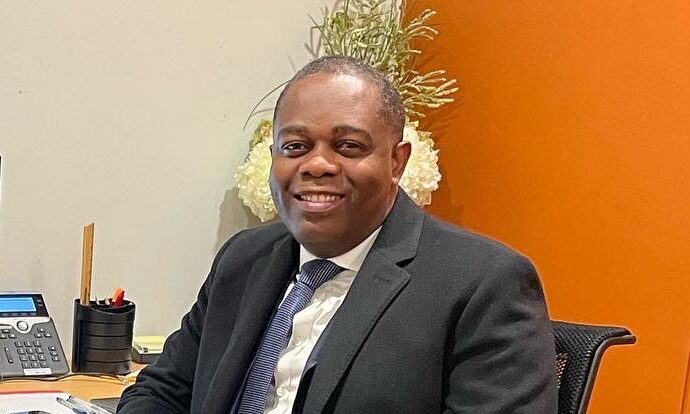The National Health Insurance Authority (NHIA) of Nigeria has announced funding for Vesicovaginal Fistula (VVF) treatments and enrolling affected individuals into government health insurance programs as part of the initiative towards supporting Nigeria’s most vulnerable citizens.
The announcement was made by NHIA Director-General Dr. Kelechi Ohiri at the Joint Annual Review (JAR) meeting held on Thursday in Abuja, where he laid emphasis on a focused approach toward easing healthcare access for low-income Nigerians.
During the JAR meeting, an essential forum for assessing the health sector’s progress and implementing the Sector-Wide Approach (SWAp) in Nigeria, Dr. Ohiri disclosed that the NHIA is aimed at providing essential healthcare services to over 2.4 million low-income Nigerians.
This initiative is part of the Basic Healthcare Provision Fund (BHCPF) which seeks to remove financial barriers to healthcare for Nigeria’s most disadvantaged populations.
The NHIA has partnered with state health insurance agencies to ensure direct funding to healthcare providers, who will, in turn, offer free or subsidized services to eligible beneficiaries. The partnership is designed to eliminate out-of-pocket expenses for patients, ensuring that they receive quality healthcare without financial hardship.
Dr. Ohiri also stressed the importance of high standards in service provision and the NHIA’s role in monitoring both providers and insurance agencies to maintain accountability, reiterating NHIA’s broader commitment to Universal Health Coverage (UHC), with a focus on extending health insurance to informal workers and marginalized groups.
He emphasized that NHIA actively engages with citizens, as well as public and private sectors, to expand healthcare access and ensure that more Nigerians are covered by health insurance schemes.
The NHIA Director-General also highlighted the transformative role of SWAp principles in Nigeria’s health sector, calling for transparency and accountability across government agencies, state health offices, and development partners. He noted that SWAp principles could improve resource allocation and monitoring, allowing citizens and stakeholders to witness the impact of their contributions toward healthcare improvements.
He called for unified action across all levels of government to address real-world healthcare challenges and improve health outcomes across Nigeria.
